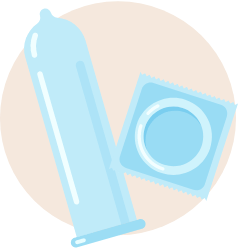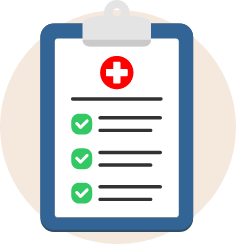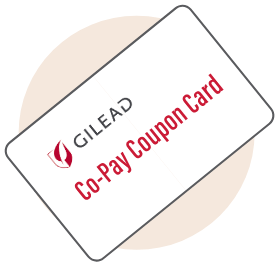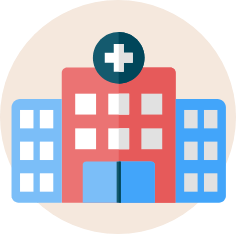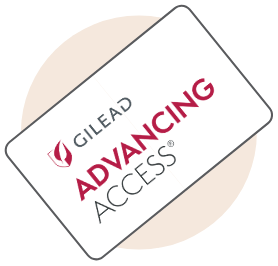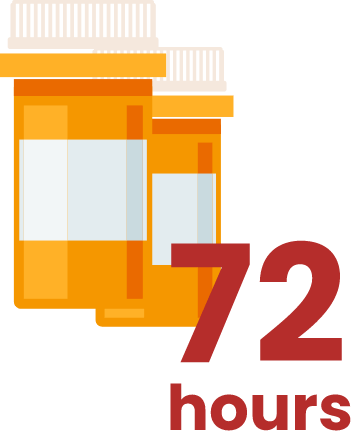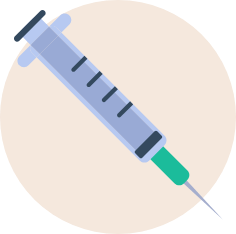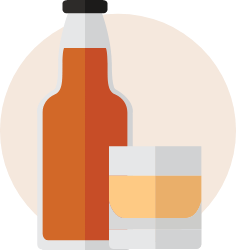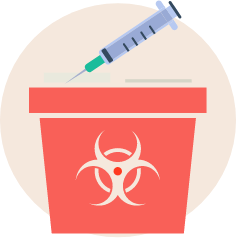Preventing HIV
is easier than ever.
From safer sex to PrEP to PEP, modern prevention methods are so good that they could effectively stop the spread of HIV—when combined with everyone knowing their status.











Talking About Prevention
Having open conversations about HIV prevention helps you make more informed decisions about managing risk and your overall health.
With your Partner(s)
- Know your HIV status, and make sure your partner knows theirs
- Be clear about your relationship status—casual, monogamous, poly, open, etc.
- Discuss the HIV prevention methods (condoms, PrEP, etc.) that make sense for you, and use them consistently
With Healthcare Providers
- Be open and honest about your habits and sexual history
- Don’t be afraid or embarrassed to ask questions about safer sex or HIV prevention methods
- If you may be at risk for HIV, ask if PrEP is right for you
With Friends & Family
- Encourage friends and family to talk with their partner(s) about HIV prevention
- Encourage loved ones who may be at risk to learn about PrEP
- Include safer sex and other HIV prevention methods as part of a sex-ed discussion with your kids

Make HIV Prevention Part of
Your Overall Sexual Health.
Sex is a lot of fun and there are plenty of sex-positive ways to effectively reduce your risk for HIV.

Prevention Medications
Thanks to advancements like PrEP and PEP, people in a sexual relationship with an HIV-positive person can nearly eliminate their risk of acquiring the virus. And with quick action, people who may have already been exposed can lower their chances of getting HIV.
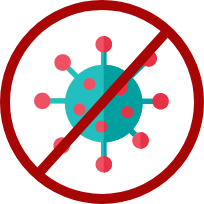
How PrEP Works
- When taken daily, PrEP can prevent the HIV virus from taking hold in your bloodstream
- PrEP can reduce the risk of getting HIV from sex by about 99%
- PrEP can reduce the risk of getting HIV from injection drug equipment by at least 74%
- PrEP has only mild side effects, and they generally go away over time
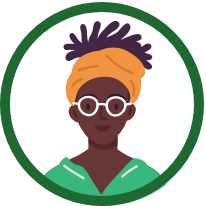
Things to Know About PrEP
- PrEP is not an HIV vaccine—it needs to be taken regularly to be effective
- It doesn’t work if you take it immediately before or after exposure to HIV
- It’s not a substitute for treatment for people living with HIV

Who Should Consider PrEP?
- Anyone who doesn’t regularly use condoms during sex with partners of unknown HIV status
- HIV-negative people in ongoing sexual relationships with HIV-positive partners
- People who have shared syringes or works while injecting drugs in the last 6 months
- People with HIV-positive partners who are considering getting pregnant
How to Access PrEP

Drugs, Alcohol, & HIV
While it’s true that binge drinking or using drugs can put you at increased risk for HIV, there are plenty of things you can do to minimize your risk.
